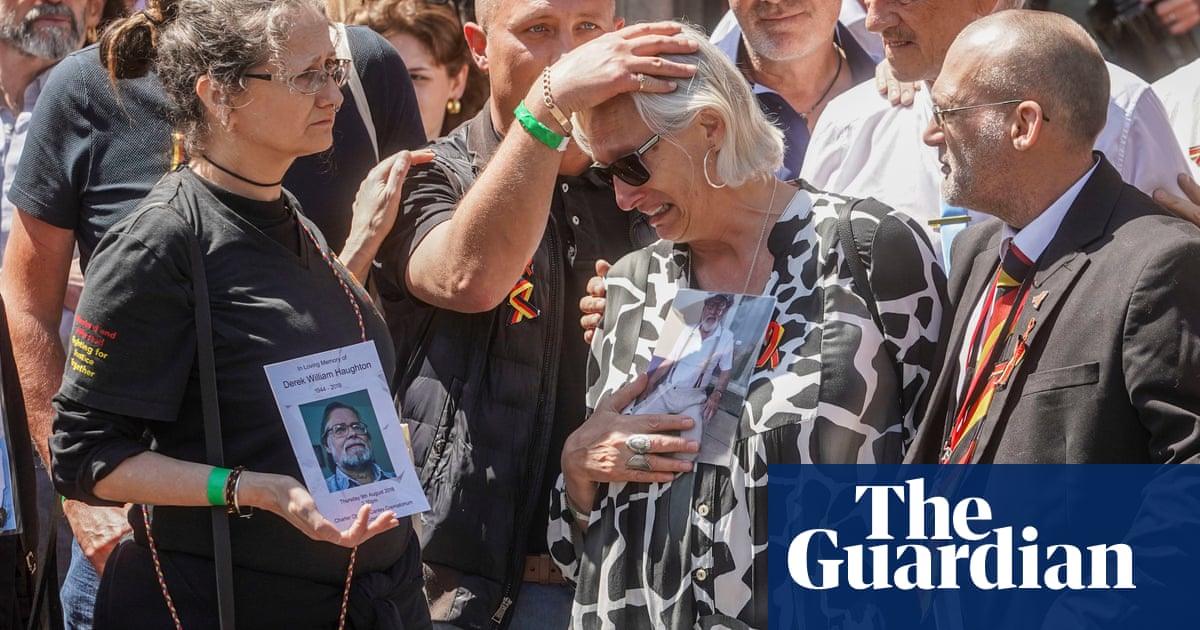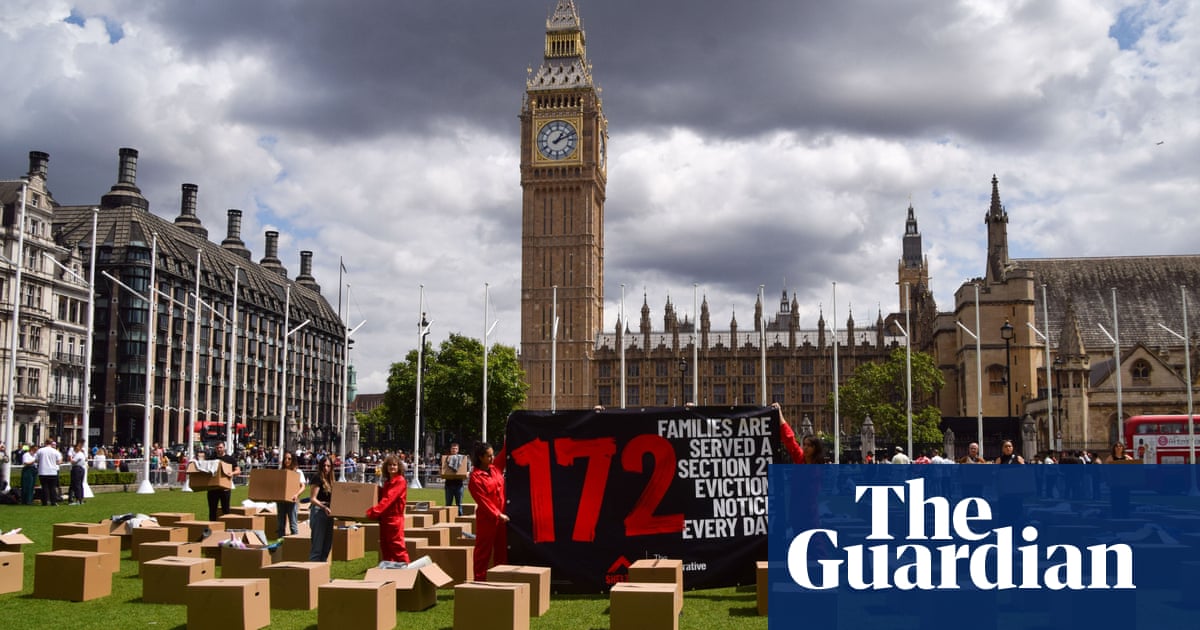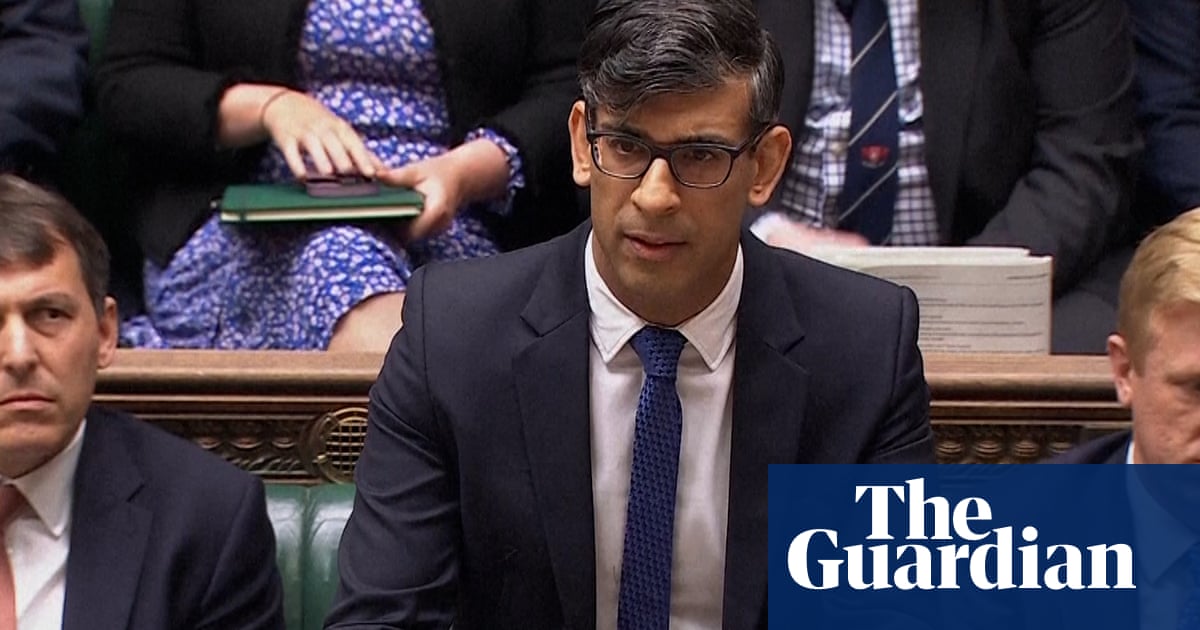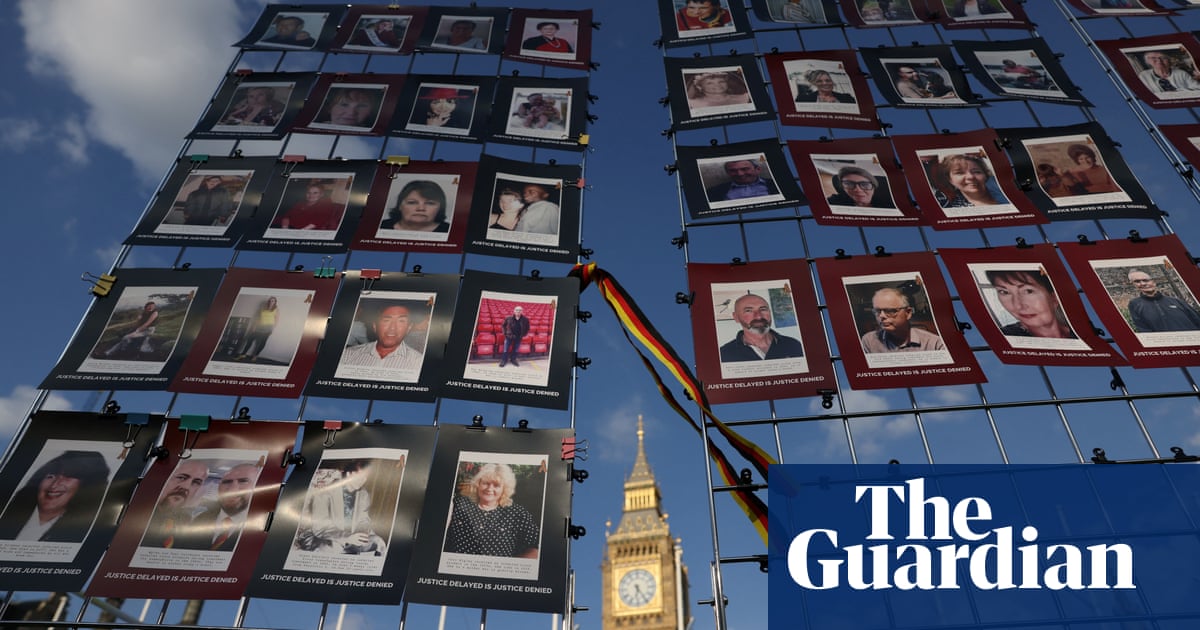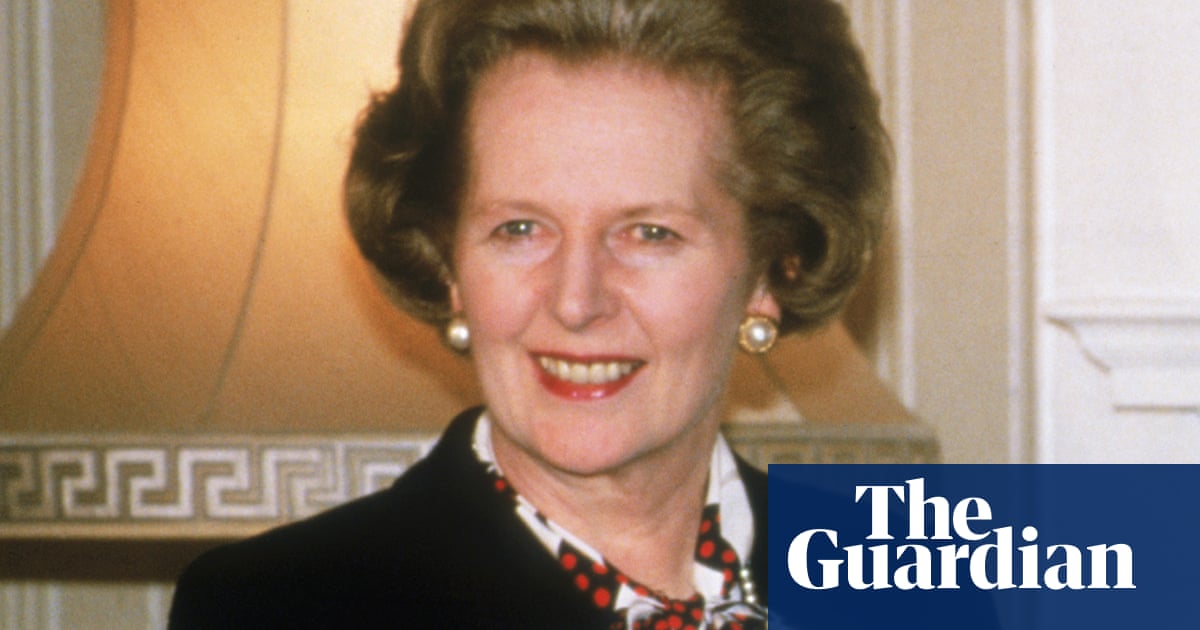
The infected blood scandal could largely have been avoided and there was a cover-up to hide the truth, an inquiry has concluded.
Patients were knowingly exposed to unacceptable risks of infection, the inquiry found, and deliberate attempts were made to conceal the disaster, including by Whitehall officials destroying documents.
The 2,527-page report documents a “catalogue of failures” that had “catastrophic” consequences, not only for people infected with contaminated blood and blood products, but their loved ones.
Here we take a look at who the report says is responsible for the failings and who can be credited with bringing them to light.
Who is responsible?
Governments and politicians
Successive governments are primarily to blame for the “catalogue” of “systemic, collective and individual failures” that allowed the infected blood scandal to happen, though “others share some of it”, the chair of the inquiry, Brian Langstaff, writes.
The report castigates the historical government response to the emergence of the risks of treating people with contaminated blood and blood products.
In the 1980s, the government decided against any form of compensation to people infected with HIV, with the health minister at the time, Ken Clarke, saying there would be no state scheme to compensate those suffering “the unavoidable adverse effects” of medical procedures.
The then prime minister, Margaret Thatcher, rebuffed calls for compensation by asserting in 1989 that people infected with HIV from blood products “had been given the best treatment available on the then current medical advice”.
The repeated use of this mantra by ministers and officials over the next 20 years, including about people infected by other diseases, was “wrong” and “amounted to blindness”, according to Langstaff.
Successive governments come under fire for their refusal to hold a public inquiry due to “inherent defensiveness”, a reluctance to listen to the stories of ordinary people, and a fear of having to compensate victims.
Ministers’ refusal to own up to failings “served to compound people’s suffering”, resulting in a decades-long battle for the truth. Langstaff asks why it took until 2018 for a UK-wide public inquiry to be established.
Viewed overall, ministers appeared to have lacked curiosity in the early period of the developing crisis.
Rishi Sunak’s government is also criticised for its “sluggish pace” and lack of transparency on compensation.
The incumbent prime minister’s insistence on waiting for the conclusion of the inquiry before making a final decision on redress has “perpetuated the injustice for victims”, Langstaff says.
Health officials
The report highlights how “the truth has been hidden for decades” and there was evidence of documents from the Department of Health and Social Care, formerly the Department for Health and Social Security, being “marked” for destruction in 1993.
“Viewing the response of the NHS and of government overall, the answer to the question ‘Was there a cover-up?’ is that there has been,” it states.
“Not in the sense of a handful of people plotting in an orchestrated conspiracy to mislead, but in a way that was more subtle, more pervasive and more chilling in its implications.
“In this way there has been a hiding of much of the truth.”
NHS
Langstaff recommends a “culture change” across the NHS to prevent cover-ups and to acknowledge mistakes, with individual managers being held personally accountable if they fail to take action.
He says repeated inquiries and reports have highlighted how the culture of the NHS needs to shift to one where mistakes are recognised, and there is openness and transparency.
He says there is a need for culture change “such that safety is embedded as a first principle, and is regarded as an essential measure of the quality of care”.
Langstaff says it is necessary for “individuals in leadership positions” to be required by law to “record, consider and respond to any concern about the healthcare being provided, or the way it is being provided, where there reasonably appears to be a risk that a patient might suffer harm, or has done so”.
He adds: “Any person in authority to whom such a report is made should be personally accountable for a failure to consider it adequately.”
The inquiry chair argues that the “culture of defensiveness, lack of openness, failure to be forthcoming, and being dismissive of concerns” could be tackled by “making leaders accountable for how the culture operates in their part of the system, and for the way in which it involves patients”.
Who should be credited for finally taking action?
Victims and campaigners
Campaigners, including victims and their families, have fought for answers for decades, including launching civil cases.
Numerous campaign groups, such as Tainted Blood and BloodLoss Families, as well as major haemophilia charities, have been working tirelessly to find the truth.
The mayor of Greater Manchester and former health secretary, Andy Burnham, has for a long time been an advocate for the victims of the scandal.
He called it “one of the greatest injustices this country has ever seen” and revealed he was “not told the truth” by officials.
Burnham said a “fundamental rewiring of the political system” was needed because too many people were being harmed and then waiting decades for justice.
Theresa May
May, the prime minister at the time, finally announced an inquiry in 2017, with the first official hearing held in April 2019.
In response to the report, she said: “I hope that, today, all those infected and affected by the contaminated blood scandal have got the answers they deserve.
“Yet again, a community has had to fight for decades for the truth to come out. We cannot and must not continue to allow a culture whereby institutions seek to protect themselves over the people who have been so damaged by their actions.”
Brian Langstaff, inquiry chair
Victims have praised Langstaff for overseeing a “brilliant” inquiry.
The former high court judge was appointed to chair the inquiry in February 2018.
He has previous experience working in public inquiries, having served as lead counsel to the Bristol Royal Infirmary inquiry in 1998.
Langstaff has been commended for his compassion by many members of the infected blood community, who had said they expected his report to be balanced and fair.




